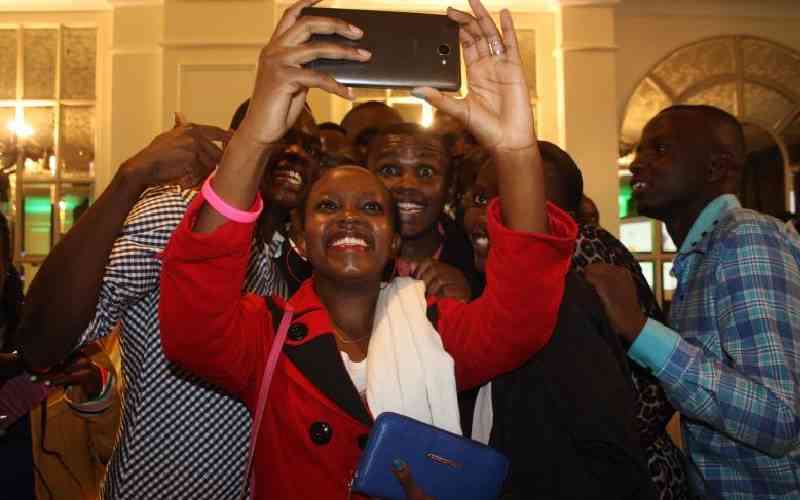×
The Standard e-Paper
Home To Bold Columnists

There is no denying that Kenya is ready for economic take off. Our human capital base is fairly decent. The Kibaki-inspired infrastructure boom serves us well.
We are finally unlocking agricultural productivity. And our innovation record suggests that we are generally open to new economic ideas and processes.